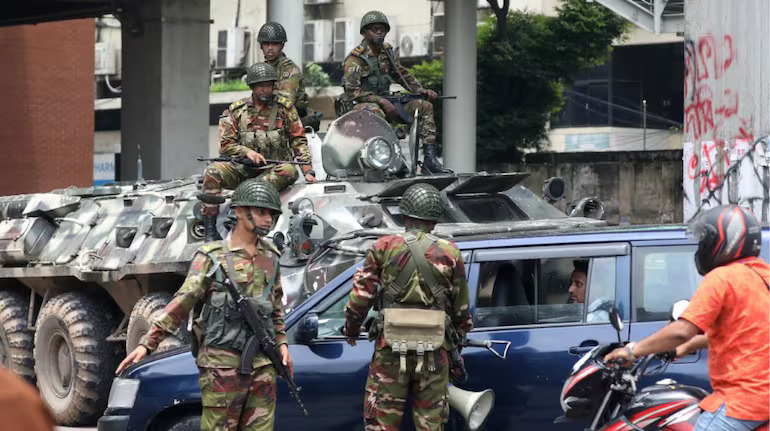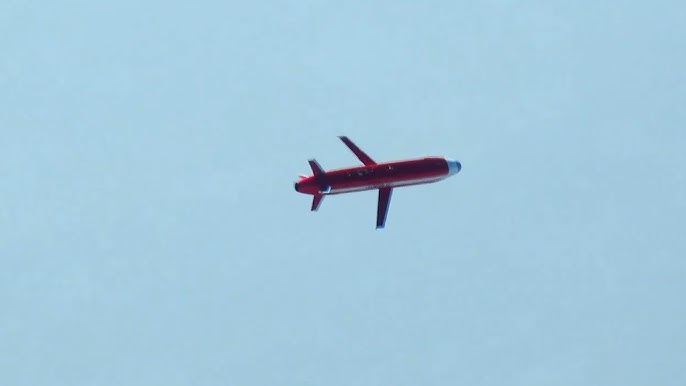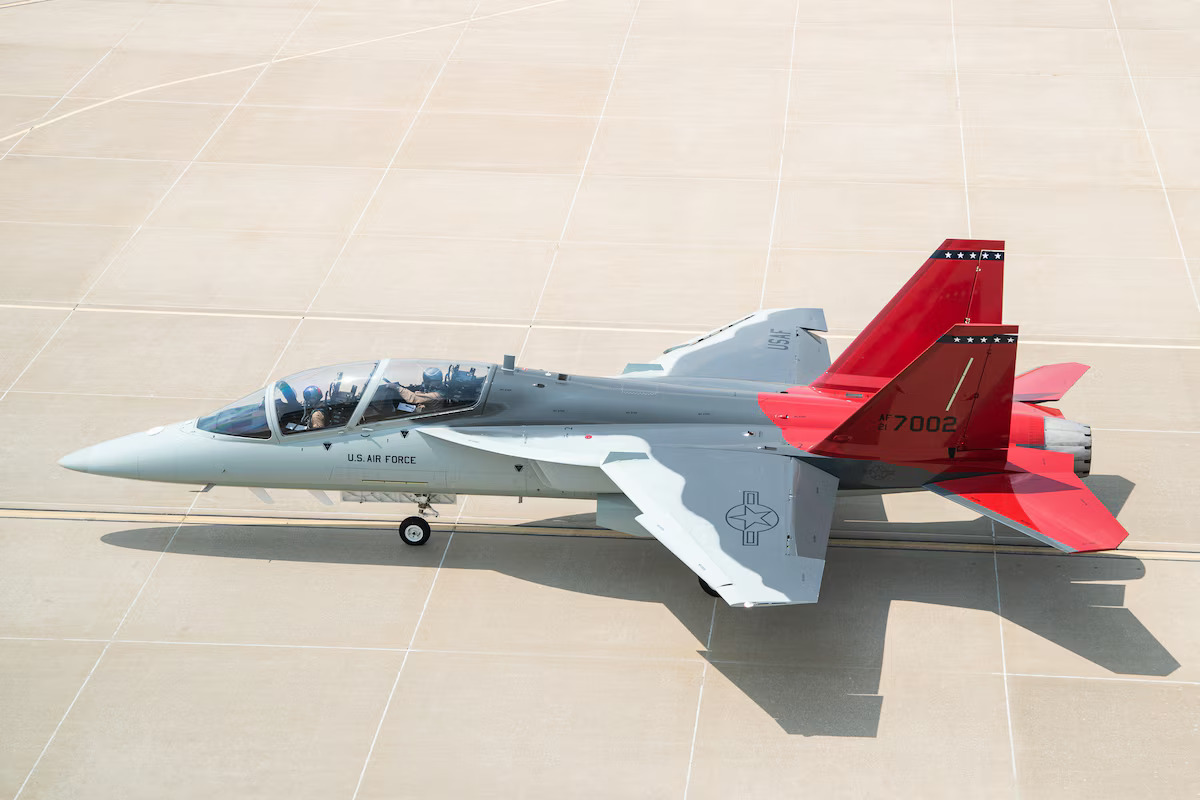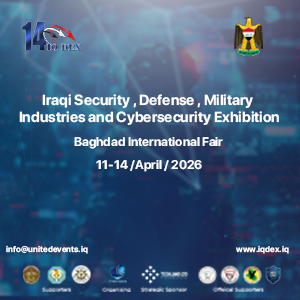Civil-military relations in South Asia are somewhat defined by power, political dynamics, and both internal and external trends. Civil-military relations in South Asia play a critical role in ensuring the stability and effective governance of each nation in the region. Bangladesh was no exception to this phenomenon and the existing relations between the civil authorities and the militaries have remained the center of political discussion. Under the current premiership of Sheikh Hasina, these relations have now taken a different form. This has posed so many clear challenges as well as opportunities.
The Legacy of Military Influence
Bangladesh has a rich history of having the military interfere with politics. The coups of 1975 and 1983 Military rule up to periods of military-backed elected government Military supported elected governments. The incumbent Prime Minister Sheikh Hasina has been in power since January 2009 and in the most part has succeeded in priming politics in the country. However, influence is still being appreciated in civil-military relations mainly as a result of the performances of past militaries.
Current Challenges and Opportunities
Another formative issue in the present context is that people regard the present government headed by Sheikh Hasina as very close to the military. Despite this achievement, however; military participation in many civil operations including the construction of bridges and management of disasters has had its advantages and disadvantages. Although it has stepped up the pace of some essential domains, there are certain issues arising from the military-civilian sphere integration. This involvement requires keen guidance to make sure that the military does not overstep into other areas of social life and exaggerate its doings.
One more major issue is what people think of the role of the military as an institution. During such political polarization, the military support to the current leadership may be seen as partisanship, which may erode the non-partisan nature of the military. It is also critical to prevent the military from interfering with partisan politics to conform to the tenets of democracy and retain the people’s confidence in the institution. Civilian entities on the other hand may portray the military as a source of strength, security, and protection. The government’s capacity to balance this perception constructively will play a critical role in mediating the relations between the civilian and military institutions.
Backing to Leadership and Military Support
The current administration’s tendency to enlist the military for numerous tasks in the country has raised questions about the level of military support that Hasina receives. On the one hand, we may look at this support as an effective utilization of one of the country’s resources for the purpose of nation-building on the other hand it gives rise to doubt as to who is in control. It becomes crucial to safeguard against the military influence in the political setup thereby compromising the democratic principles.
On the other hand, the military has a positive relationship with the government. This can improve the military’s contribution towards development in the country and avail support to the operations of the military. Yet this cooperation poses the problem of defining the demarcation between military and civil functions so that the two do not contradict each other or compromise each other’s actions.
Promoting Positive Civil-Military Relations
Nevertheless, there lies a great potential for enhancing civil-military relations in Bangladesh in the following ways. Institutional capacity building on the side of civilian actors particularly in terms of providing clarifications of roles, responsibilities, and mandates for different civilian-military activities can go a long way in better dealing with the currently more conspicuous dynamics. Mandating how the various institutions should work together while at the same time developing a strong mechanism of civil authority may help develop good governance as well as check on areas of conflict.
Civil-military relations are determined largely by the people’s view of their military and defense forces. If the military’s roles and participation in various sectors are explained well to the public, then there is likely to be low concern about the military meddling in the operations. Furthermore, the improved cooperation with civil society organizations which can then monitor and also participate in shaping Civil-Military Relations increases democracy in Civil-Military Relations.
Conclusion
Civil-military relations in the context of Sheikh Hasina’s Bangladesh is more about dealing with the past, understanding the present and planning for future change. Continuing the emphasis on democracy and making sure the branches of power preserve the constitutional division of authority and responsibility as well as improve the visibility of non-zero-sum game communication, Bangladesh may further cement the path to a more successful model of government. The current administration therefore has a golden opportunity to write a positive history particularly in the area of civil-military relations if only it takes time to resolve these problems with extra-ordinary precautions. It will remain to find out how the country will balance the benefits that come with having its military support foreign powers while at the same time ensuring that its entire democracy does not go up in a very negative way.
Table of Contents
ToggleWania Jahangir Khan
Wania Jahangir Khan is a dedicated scholar specializing in Defence and Diplomatic Studies, with a particular focus on the South Asian region. Her academic pursuits involve a deep exploration of diplomatic engagements and strategic alignments between nations, emphasizing the analysis of geopolitical shifts, policy implications, and bilateral cooperation. Having completed her bachelor's degree from Fatima Jinnah Women University, she possesses a strong interest in Defense studies, particularly in understanding the complex dynamics that shape regional and global security. She can be reached at Waniajahangir@defensetalks.com
















